Photos: YouTube Screenshots
On June 16, 2009 four countries with emerging economies held a summit meeting at Yekaterinburg, Russia and agreed to form an economic group they named BRIC, an acronym for Brazil, Russia, India, and China. The letter S was added to the acronym in 2010 with the admission of South Africa making it BRICS. Interest in the group seemed to be on the wane with the election of Bolsonaro in Brazil and the global economic disruption caused by the COVID-19 pandemic. There is now an upsurge of interest in the group.

Why BRICS?
The world financial system as we know it is a product of the Bretton Woods agreement of 1944 at which two institutions-namely the International Monetary Fund (IMF) to monitor the global exchange rate and the International Bank for Reconstruction and Development that later came to be known as World Bank were established.
The American dollar was based on gold standard and the currencies of other countries were in turn pegged to the American dollar. This arrangement has served the US and the West well for over a quarter of a century. The US in particular, which emerged from WW II as the world’s greatest military and economic power exercised monopolistic control over the two financial institutions deciding, often unilaterally, as to how they were to be run and how financial decisions were to be made. The head of the World Bank was always appointed by the US president.
More importantly, the pegging of the currencies of other countries to the US dollar gave the US direct and/or indirect control and power over the economies of many countries worldwide. Imposing sanctions or denying loans and development funds from the IMF and World Bank can be cited as an example. This unprecedented power in international financial affairs enabled the US to use this cudgel as additional weapon at its disposal to achieve its political and economic hegemonic objectives regardless of the cost in human lives and suffering its actions cause (Cuba, Venezuela, Iran, Zimbabwe, Syria to name a few).
The emerging economies of the BRICS member countries have already the 2nd, 5th, 10th and 11th (China, India, Brazil, Russia respectively) largest economies by GDP ranking and as the cited article in Business Standard below indicates, BRICS has surpassed G7 in total GDP.
Saudi Arabia and Turkey are likely to be admitted this year. Among the countries showing interest are Algeria, Nigeria, Egypt, Ethiopia, Zimbabwe, Bangladesh, Indonesia, the United Arab Emirates, Iran,Venezuela, Mexico and Argentina.
With several more countries in Africa, Latin America and Asia or Europe applying for membership, BRICS will be a formidable economic powerhouse primarily based in the Global South which may finally be able to determine its own economic destiny and usher in a multipolar economic order ending the hegemony of the US and the West.
Perhaps seeing the handwriting on the wall, President Macron has asked South Africa to invite France to the BRICS summit this summer. Some say Macron may be a Trojan horse and objections have already been raised by Russia and others.https://www.africanews.com/2023/06/21/brics-summit-french-president-voices-desire-to-particapte//
I tend to believe however, that Macron is hedging his bets on an emerging economic superpower over an inevitably declining US hegemony. The BRICS countries have already established the New Development Bank and Contingent Reserve Arrangements as alternatives to the two Western financial institutions which had a stranglehold on the world economies, impeding development in the global south. These new financial instruments would allow member countries to use their own currencies or trade in Yuan. This rearrangement of current financing practices and realignment of old alliance, more than anything else, is likely to change the global political and economic landscape dramatically, and none too soon.
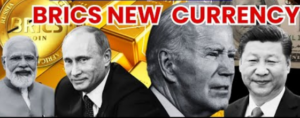
https://www.business-standard.com/economy/news/brics-surpass-g7-gdp-india-china-major-economies-with-fast-growth-123042000484_1.html – :~:text=According%20to%20the%20report%2C%20the,per%20cent%20by%20G7%20countries.
Mohammed A. Nurhussein MD
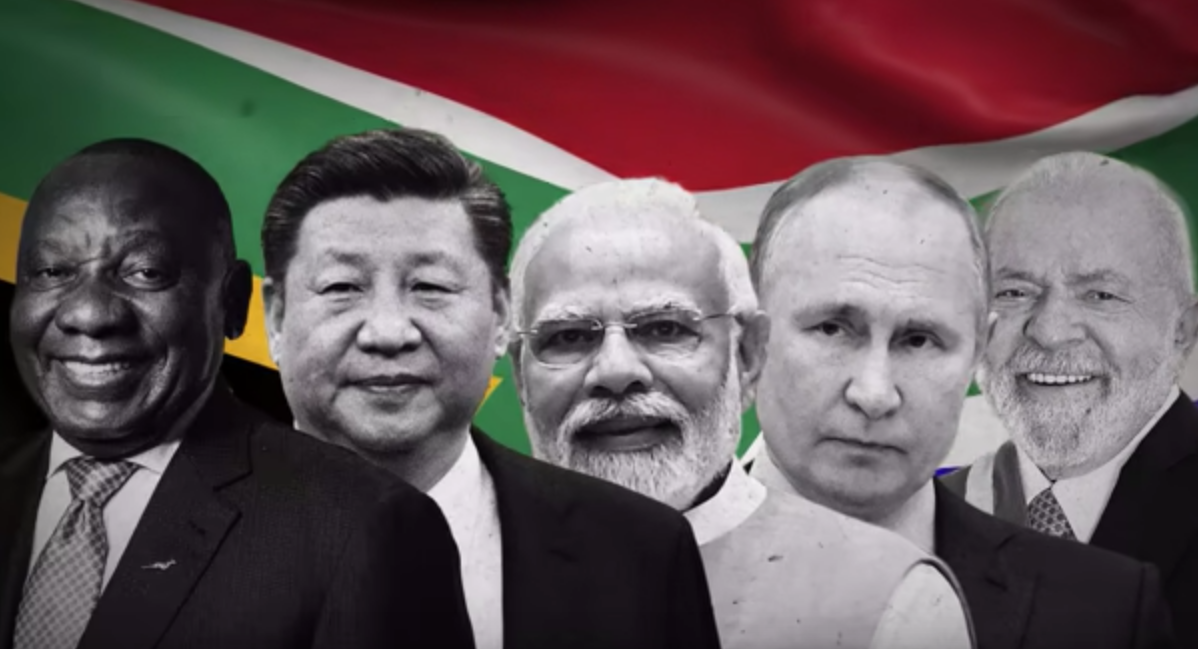


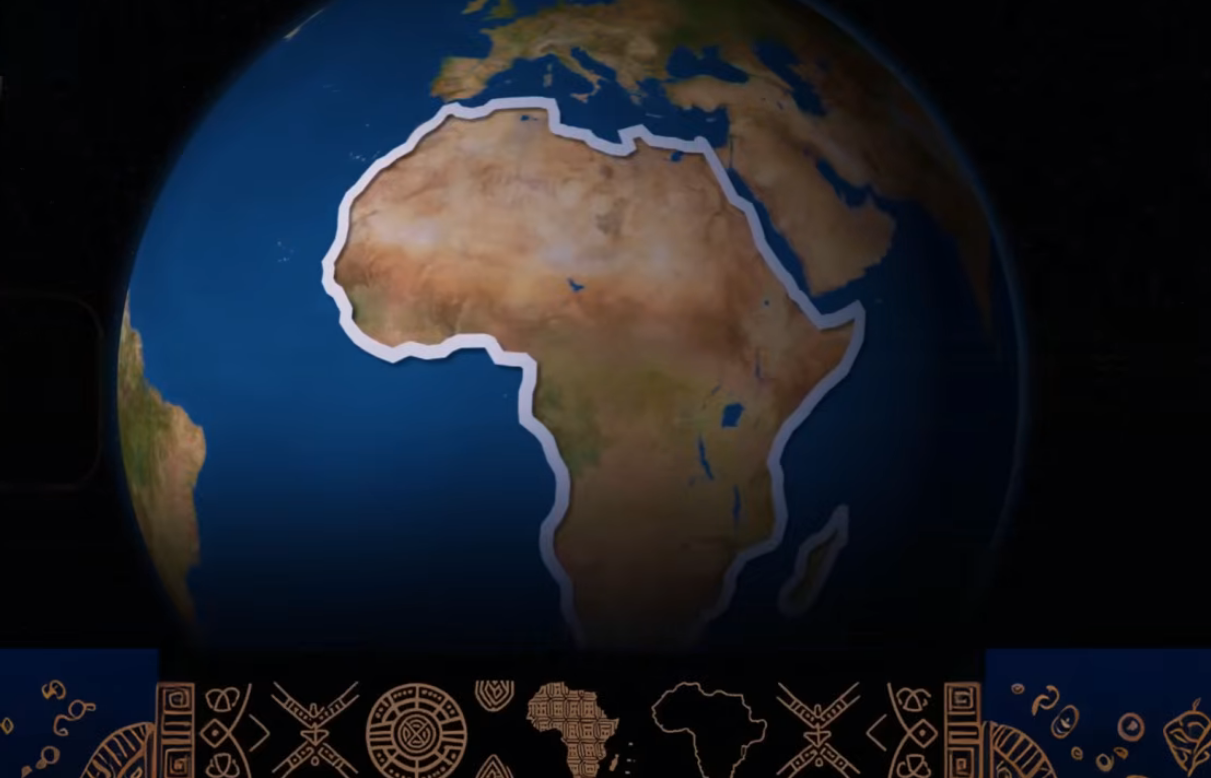
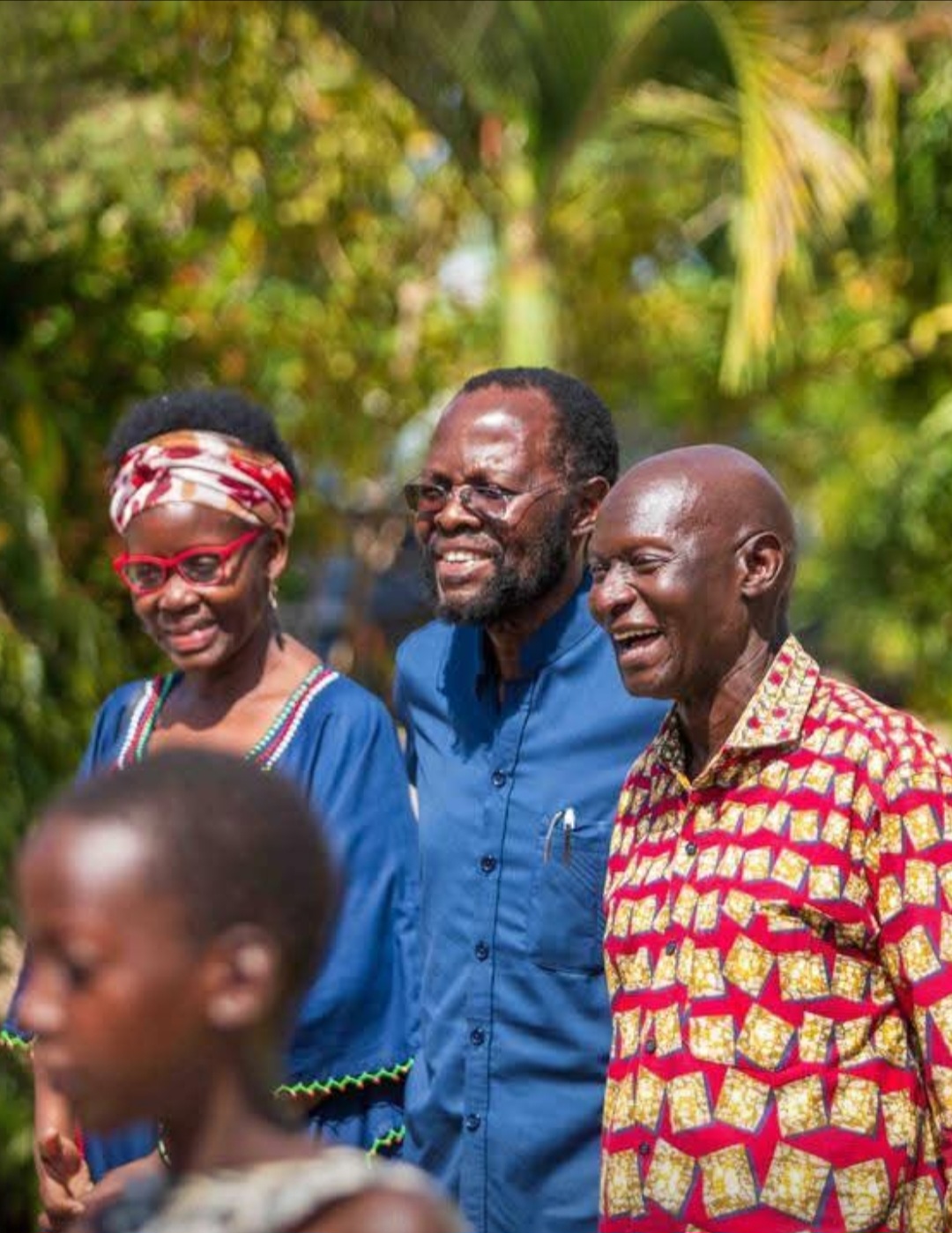

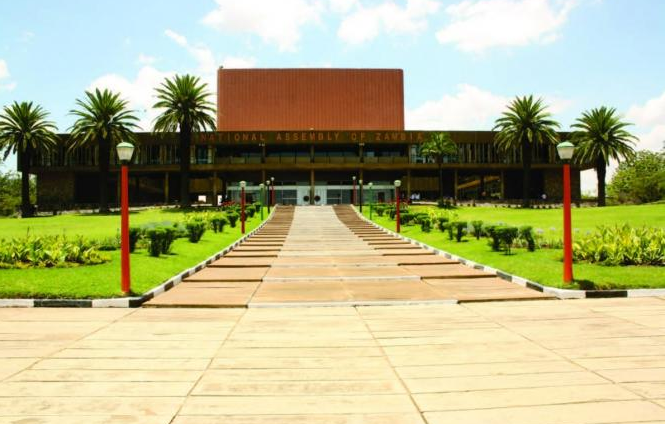
Comments are closed.